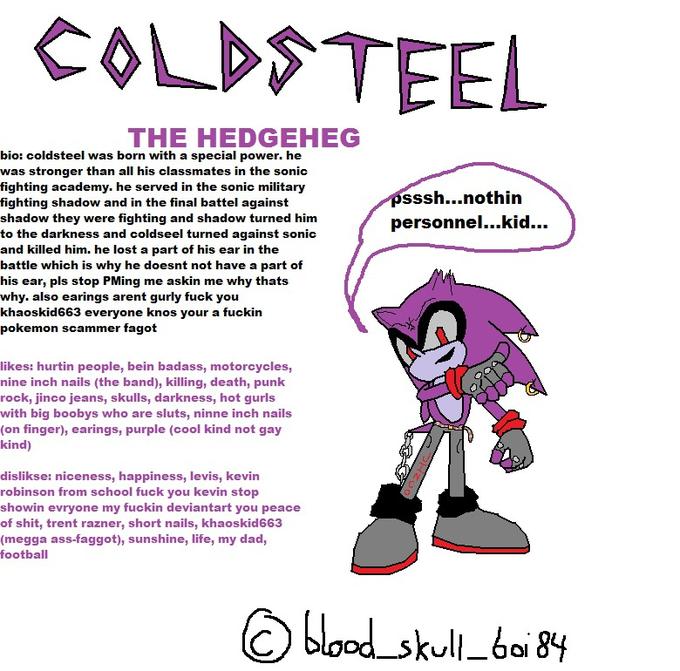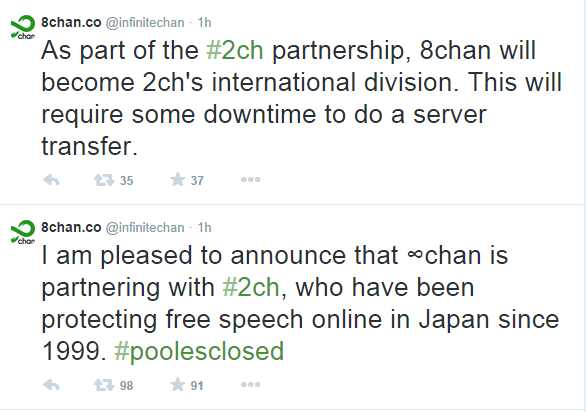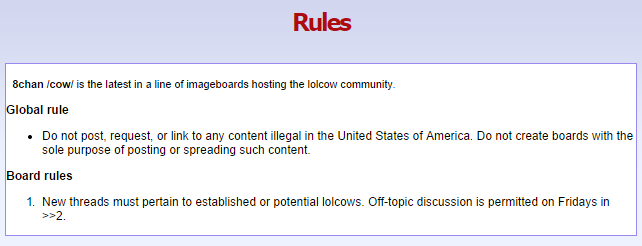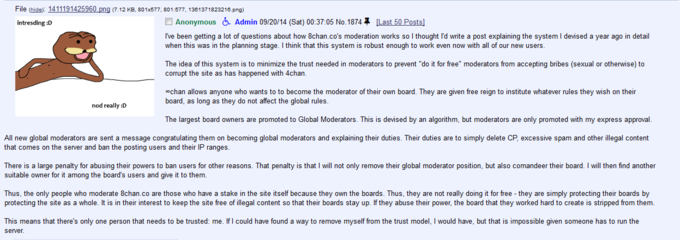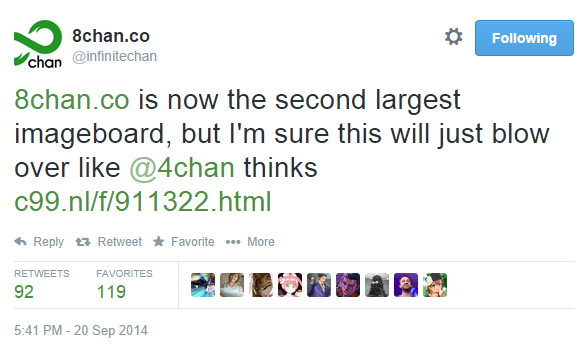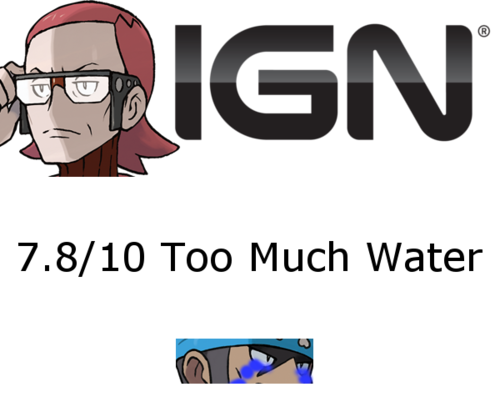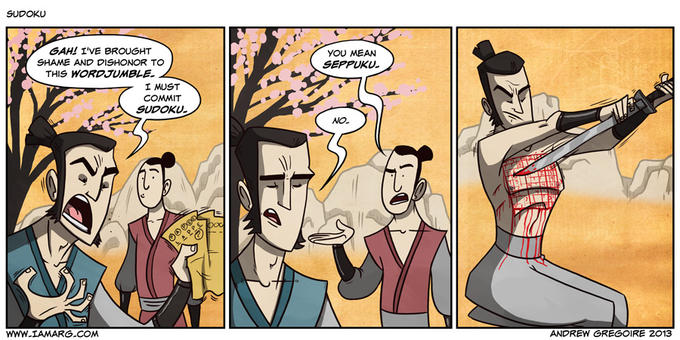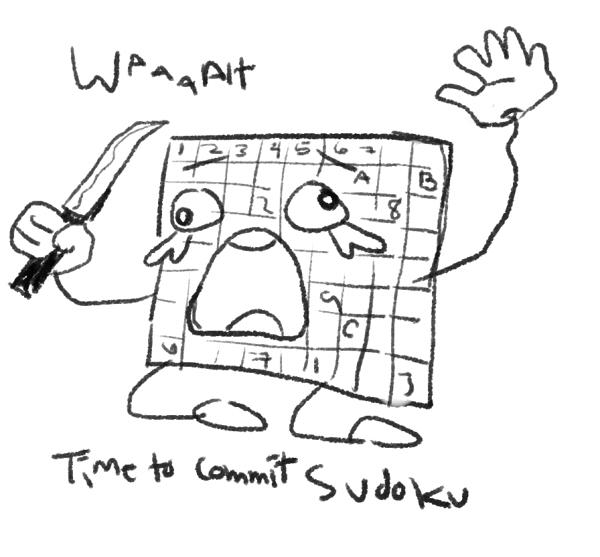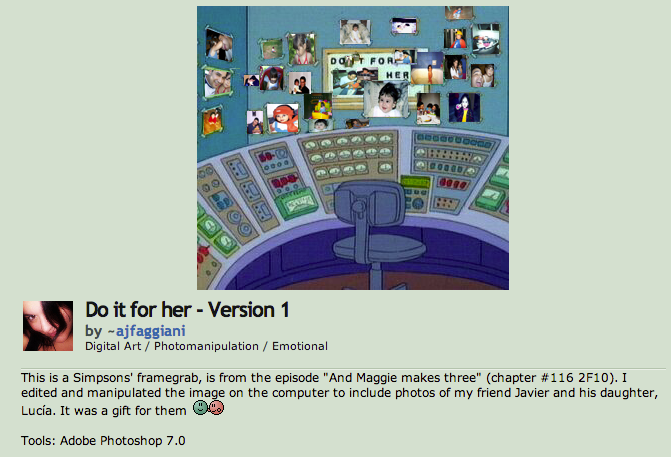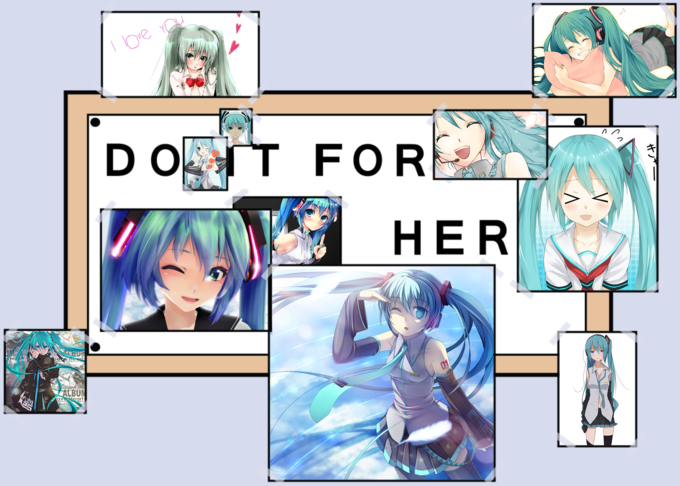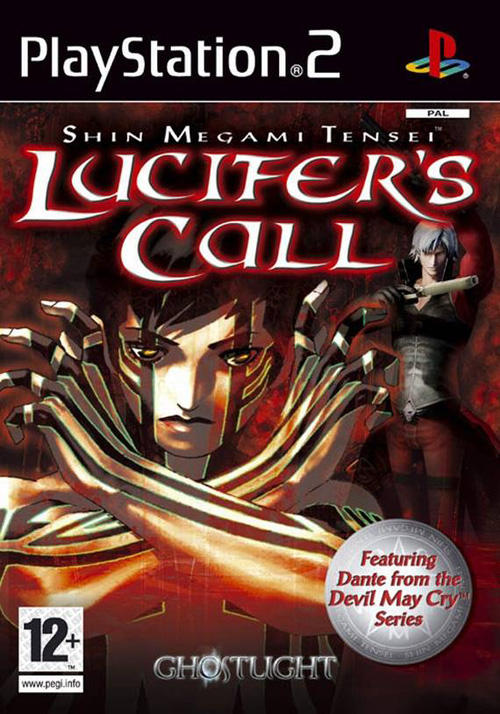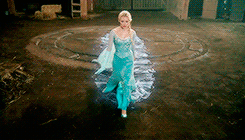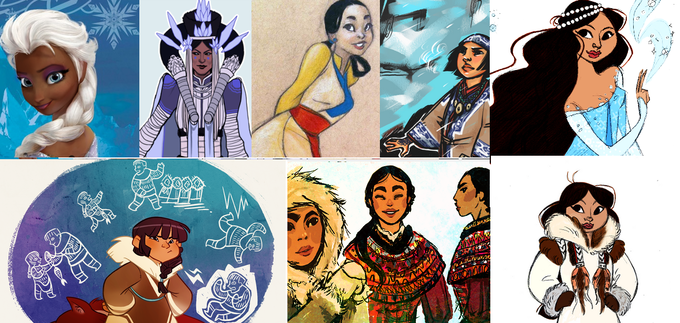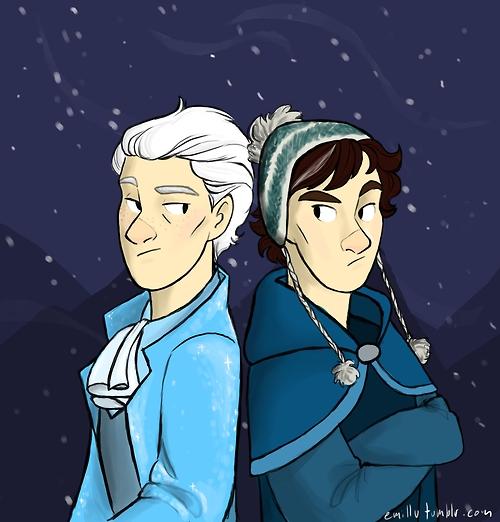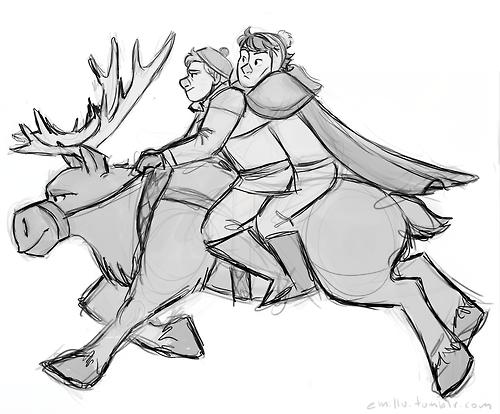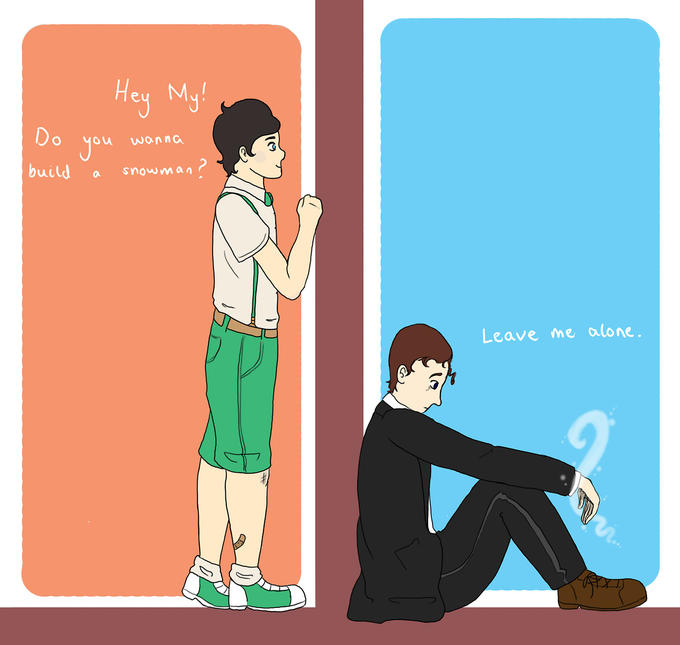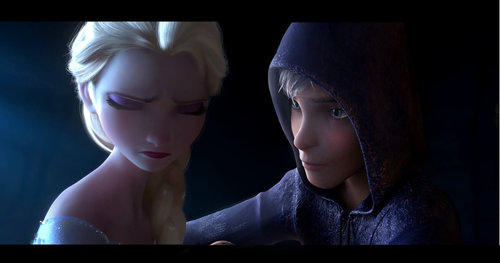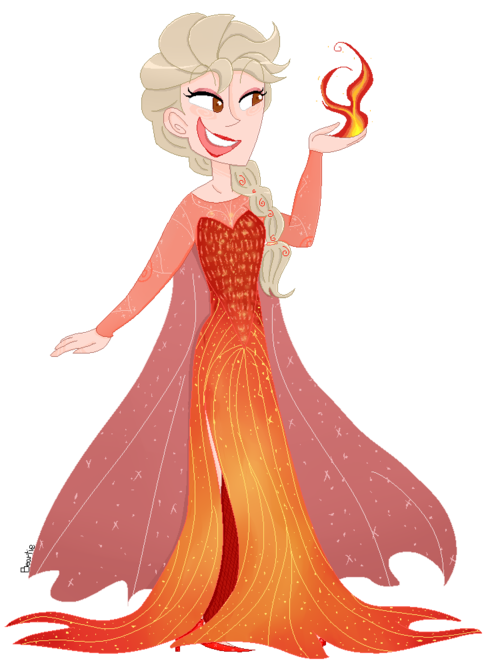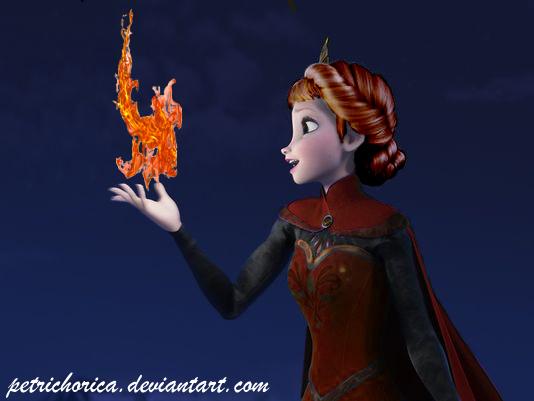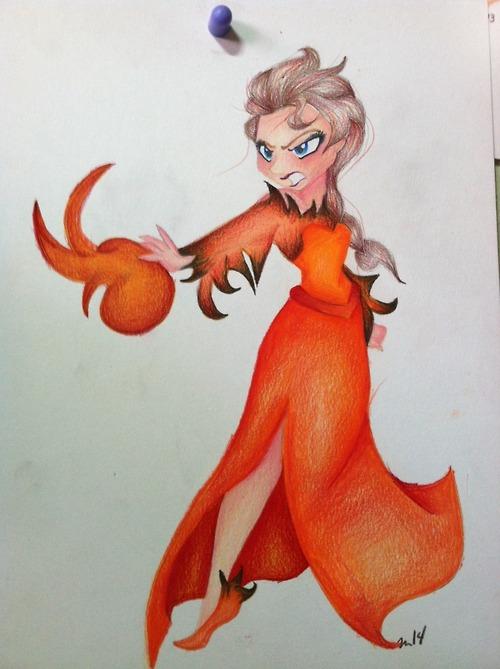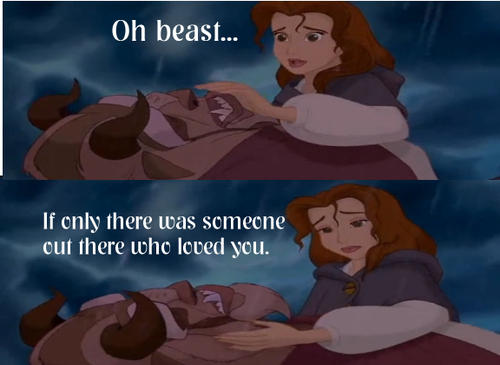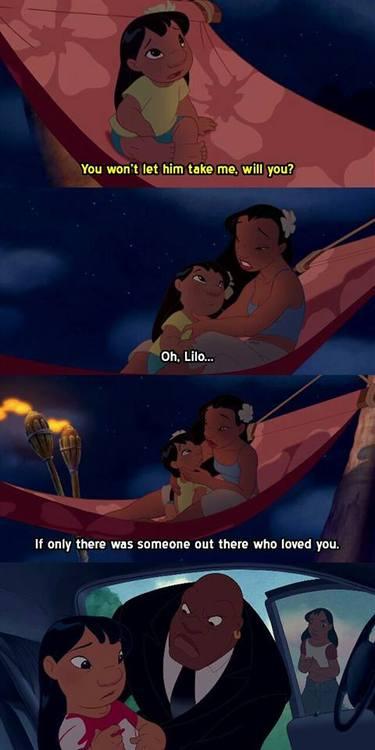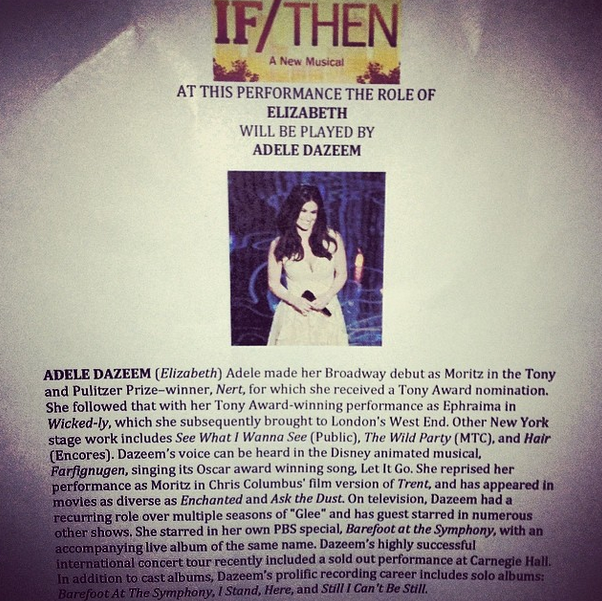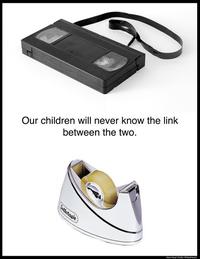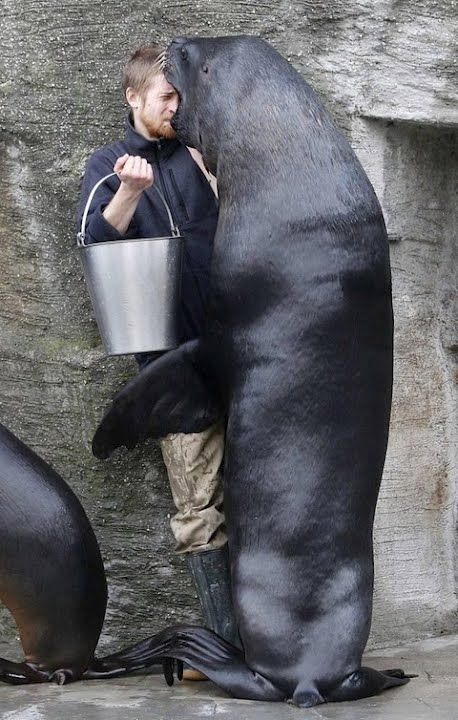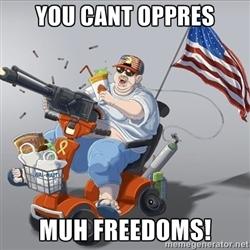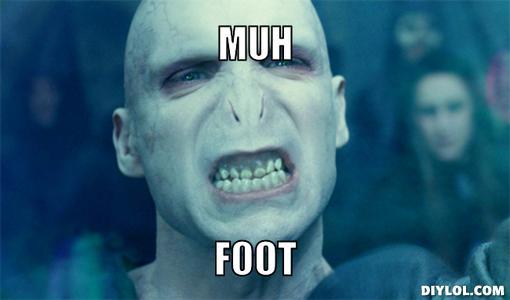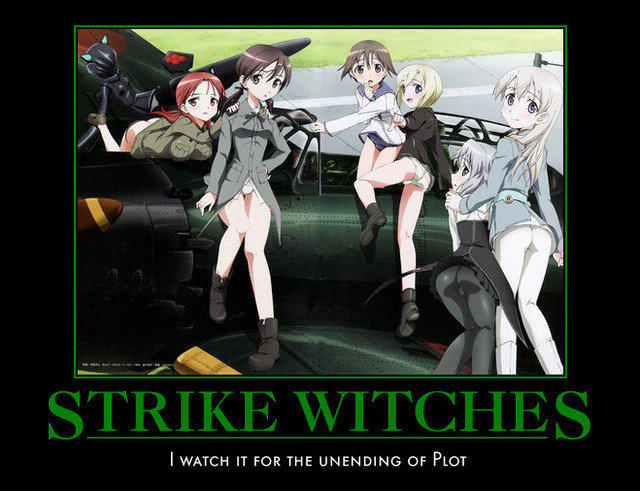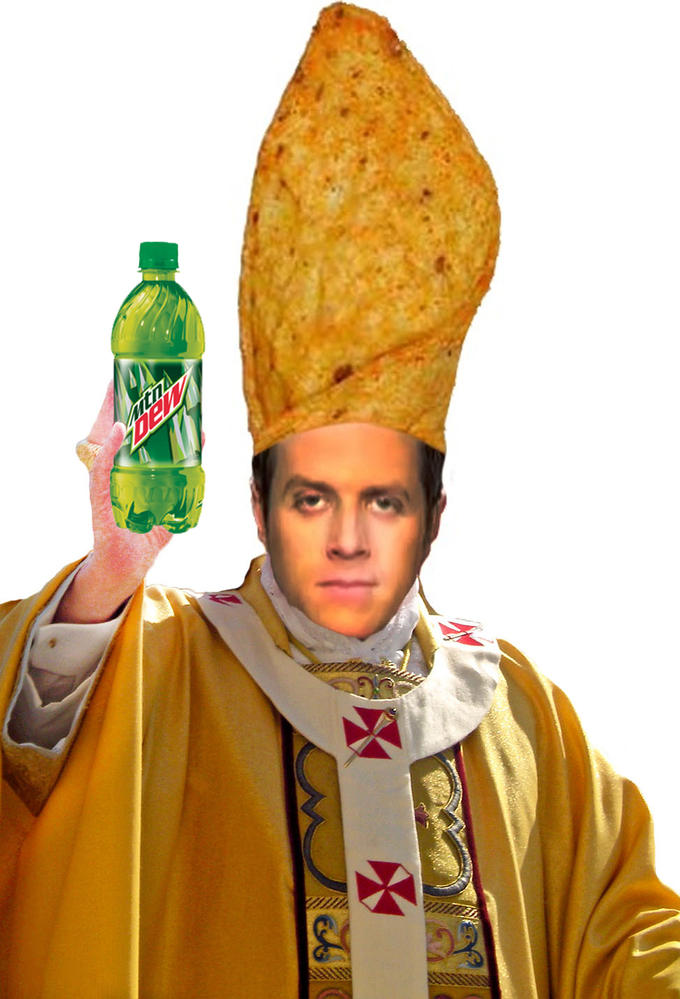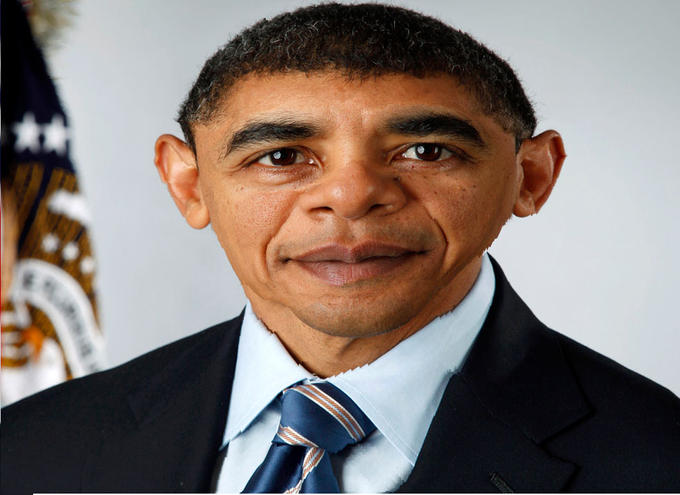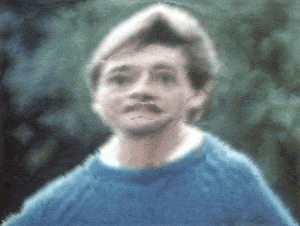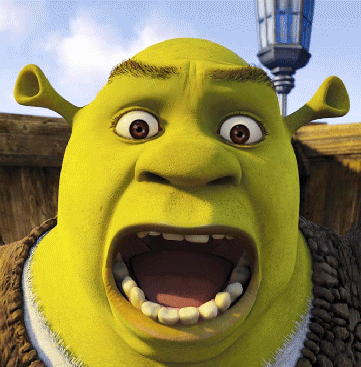About
’90s Nostalgia refers to general appreciation and affectionate remembrance of various cultural events, touchstones and movements that comprised the American youth culture in the 1990s. In comparison to the celebration of the ’80s during the first half of the 2000s, which was largely led by decade nostalgia TV programs, the ongoing resurgence of interest in the 90s pop culture is distinguished by its extended presence in the social media and online participation by the Millennial Generation.
History
In Pop Culture
The earliest known retrospect of the ‘90s pop culture was presented through BBC’s TV documentary series I Love The ’90s, which premiered in the United Kingdom in 2001. Comprised of ten episodes focusing on the highlights from each year from 1990 to 1999, the series was met by positive reception and went on to inspire an American spin-off program with the same name. The American version of I Love the 90s was produced by VH1 and the pilot episode “I Love 1990” premiered on July 12th, 2004.
On The Internet
On August 15th, 2006, YouTuber Jennifer Lorenzo uploaded a video titled “REMEMBERTHE 90s?!?” which featured a slideshow of ’90s pop culture. As of April 2014, the video has gained over 1.7 million views.
On October 20th, 2007, YouTuber Skowronski Liz uploaded a video titled “Remembering the ’90’s” which features a similar ’90s slideshow. As of April 2014, the video has gained over 2.2 million views.
On May 27th, 2009, the Tumblr blog Fuck Yeah ‘90s was created. The blog features stills from popular ’90s movies and television shows, product photos of ’90s food and fashion, as well as celebrity photos from the decade. By the early 2010s, a backlash against ’90s nostalgia emerged. On July 12th, 2013, College Humor’s official YouTube channel uploaded a video titled “Reading Buzzfeed is Like Being Interrogated” which poked fun at the glut of ’90s nostalgia lists on Buzzfeed. As of April 2014, the video has gained over 170,000 views.
On January 23rd, 2013, Internet Explorer’s official YouTube channel uploaded a video titled “Child of the ’90s.” The video highlighted ’90s products like super soaker water guns and snap bracelets to connect the browser to ’90s nostalgia. The commercial was reported on by many sites such as The Huffington Post and Complex. As of April 2014, the video has gained over 48.7 million views.
On July 29th, 2013, The Huffington Post published a post titled “1990 Things From The 90s To End The Nostalgia Once And For All” which requested no more ’90s nostalgia posts be published.
Age Test
Age Test is a quiz game in which one or more images of culturally obsolete objects are presented without labels to the reader, whose approximate age can be deduced from his or her ability to recognize the items or the connection between them. One of the earliest age tests was submitted to FunnyJunk on May 2nd, 2011. Examples of items individuals who grew up in the ’90s would be able identify include VHS tapes and floppy disks.
![]()
![]()
![]()
Childhood Ruined & Enhanced
Ruined Childhood is a slang term used to describe a nostalgic subject that has been marred by a new discovery or an implication of suggestive nature, either in the image or video itself as well as comments. Childhood Enhanced is an expression used to describe characters from children’s fiction that have been updated for mature audiences. The phrases were first used to refer to the ’90s on August 26th, 2010, when FunnyJunk user QuadLife created a post titled “Childhood Ruined or Enhanced?” The post featured an adult-oriented alternate universe illustration of creatures from the Pokemon franchise (shown below).
![]()
Highlights
Video Games
Final Fantasy (1987)
Final Fantasy (Japanese: ファイナルファンタジー) is a media franchise stemming from a series of fantasy role playing games (RPGs) created by game designer Hironobu Sakaguchi and developed by Square Enix. The video game series, which consists of sixteen direct sequel and spin-off titles, has also inspired numerous motion pictures, anime films and novels. Though it was first released in the late ’80s the games popularity grew throughout the ’90s.
Street Fighter II (1991)
Street Fighter is a series of Japanese fighting games featuring a roster of playable characters with a variety of fighting styles from around the world. In addition to video games, the franchise has spawned animated and live action films, manga comic books and card games. Though it was first released in the late ‘80s the game’s popularity grew throughout the ’90s.
Sonic the Hedgehog (1991)
Sonic the Hedgehog is the blue, anthropomorphic hedgehog protagonist of the Sega video game franchise Sonic the Hedgehog, in which he must complete courses in an allotted time span and collect golden rings while fighting against the antagonist Dr. Eggman, also known as Dr. Robotnik. The first Sonic game was released on June 23rd, 1991, for the Sega Genesis video game console.
Mortal Kombat (1992)
Mortal Kombat is a franchise of fighting games in which the player must defeat the opponent within a certain time limit. There are over 25 playable characters in the latest installment of the series, Mortal Kombat (2011), such as Sub-Zero, Kitana, Raiden, and Scorpion. There are also 5 DLC characters including Kratos from the God of War series and Freddy Krueger from the Nightmare on Elm Street movie franchise. The first Mortal Kombat game was released in 1992.
Kirby (1992)
The Kirby series is a fantasy video game series developed by HAL Laboratory and Nintendo, and produced by Nintendo.The gameplay of a majority of the games in the series consists mainly of action, platform and puzzle-solving elements. The series is known for its bright and artistic settings; simplistic gameplay; cute characters; upbeat, cheerful music; and the protagonist’s in-game ability to inhale enemies, thereby gaining a characteristic ability from them. Kirby first appeared in a game in 1992.
Star Fox (1993)
Star Fox, is a Nintendo Sci-Fi rail shooter video game first created for the Super NES. Since it’s original launch in 1993, it has gained a large online following, especially within the Furry fandom.
FIFA (1993)
FIFA is a series of association football video games released annually by Electronic Arts and officially endorsed by the international governing body of association football it is named after. Since the release of FIFA International Soccer in 1993, the series has been localized into 18 languages and sold more than 100 million copies worldwide, making it one of the best-selling video game franchises. As of 2013, FIFA consists of 21 official titles in the series as well as dozens of other games.
Doom (1993)
Doom is a first person shooter game series created by id Software. In the game, you assume the role of a Space Marine (known as Doomguy) who fights against hordes of demons to avoid an invasion from Hell. The first title in the Doom series, Doom, was released on December 10, 1993.
Pokemon (1998)
Pokémon is a media franchise spawned from a role-playing video game series developed by Game Freak and published by Nintendo beginning in 1996. The title is a portmanteau formed by combining the Japanese words “Poketto Monsutā” (ポケットモンスター), “Pocket Monsters” in English. The games and other media surrounding it revolve around the capturing different types of these creatures, the titular Pokémon, and using them in battle. The first Pokémon video games were released on February 27th, 1996 in Japan for the Nintendo Gameboy titled Pocket Monsters Red and Pocket Monsters Green. The game proved to be radically popular and a third Japanese edition known as, Blue Version, was released on October 15th, 1996. Blue Version was repackaged and translated for international release as Red and Blue, reaching the United States on September 30th, 1998.
Half-Life (1998)
Half-Life is a series of video games developed by the Valve Corporation. Two of these games, Half-Life and Half-Life 2, are full length titles, while two more, Half-Life 2: Episode One and Half-Life 2: Episode Two, are shorter, episodic titles. A final episode, Half-Life 2: Episode Three, has been confirmed to be the next installment of the series. In each game the player obtains the role of the theoretical physicist Gordon Freeman. The first game in the series was released on November 19th, 1998.
Starcraft (1998)
StarCraft is a real-time strategy (RTS) game that revolves around three warring races: Terrans, the political castoffs and malcontents of humanity; Zerg, beast-like and savage creatures hailing from the planet Char; and the Protoss, the highly advanced bipedal aliens from the planet Aiur. The game’s canonical settings take place in the distant future in a sector of the Galaxy known as the Koprulu Sector, where each player must build offensive and defensive units to fight for the control of natural resources. StarCraft was released on March 31st, 1998.
Roller Coaster Tycoon (1999)
Roller Coaster Tycoon (abbreviated RCT) is a trilogy of video games that simulate amusement park management. Each game in the series challenges players with open-ended amusement park management and development, and allows players to construct and customize their own unique roller coasters. The first title in the series was released on March 31, 1999.
Films
Jurassic Park (1993)
Jurassic Park is a series of science fiction novels and films about an island theme park populated by dinosaurs that have been cloned from fossil DNA. Based on the 1990 eponymous novel by Michael Crichton, the story expanded into a blockbuster media franchise consisting of several films, including Jurassic Park, which was released on June 11th, 1993 and The Lost World: Jurassic Park, which was released on May 23rd, 1997.
The Lion King (1994)
The Lion King is a Disney animated musical film loosely based on Shakespeare’s play Hamlet and was released on June 24, 1994.
Space Jam (1996)
Space Jam is a children’s live-action / animated comedy film starring the legendary NBA athlete Michael Jordan and the characters from the classic cartoon series Looney Tunes. The film was released on November 15th, 1996.
The Matrix (1999)
The Matrix is an American science fiction film about a computer hacker who learns some hard truths about his own reality. The first film in the trilogy was released on March 31st, 1999.
TV Shows
Full House (1987-1995)
Full House is an American sitcom that follows the story of a father as he raises his three daughters with the help of his best friend and his brother-in-law after the death of his wife. The series premiered on ABC on September 22nd,1987, and concluded after eight seasons on May 23rd, 1995.
Seinfeld (1989-1998)
Seinfeld is a sitcom television show centered around the protagonist Jerry Seinfeld and his group of friends in the Upper West Side in New York City. The show premiered on July 5th, 1989 and its finale aired on May 14th, 1998, after nine seasons.
The X Files (1993-2002)
The X-Files is an American science fiction drama television series created by Chris Carter. The series followed FBI agents Dana Scully and Fox Mulder as they investigated the X-Files, marginalized, unsolved cases involving paranormal phenomena. The first episode of The X-Files aired on Fox on September 10th, 1993, and the season finale aired on May 19th, 2002, after nine seasons and 202 episodes.
Buffy the Vampire Slayer (1997-2003)
Buffy the Vampire Slayer is an American fantasy dramedy television series that follows Buffy Summer, a vampire slayer, and her friends as they fight evil while attending high school and eventually college. The series premiered on March 10th, 1997, and its series finale aired on May 20th, 2003.
Books
For Dummies (1991)
X for Dummies are book cover parodies of the popular For Dummies book series. The parodies usually contain the stated subject, followed by the title “for Dummies” and the series catch phrase “A References for the Rest of Us!” although this text can sometimes be omitted in favor of something more humorous. The cover is usually accompanied by an illustration of a triangular faced man pointing off in a direction or holding a CD (if the book is supposed to come with a disk), although sometimes the cover will have a more detailed illustration depicting the subject contained within. The first X for Dummies book was DOS for Dummies, written by Dan Gookin and published by IDG books in 1991.
Harry Potter (1997)
Harry Potter is a series of seven fantasy novels written by J.K. Rowling between 1997 and 2007, following the adventures of an adolescent wizard named Harry Potter and his two friends Ron Weasley and Hermione Granger. The main story arc revolves around the conflict between Harry and an evil wizard named Voldemort. The series became incredibly popular among youths and adults alike and is often credited with introducing an entire generation of children to reading. The first book in the Harry Potter series, entitled Harry Potter and the Philosopher’s Stone, was released on June 30th, 1997, while Harry Potter and the Chamber of Secrets was released on June 2nd, 1999 and Harry Potter and the Prisoner of Azkaban was released on September 8th, 1999.
Music
Wonderwall (1995)
“Wonderwall” is a Britpop song released on October 2nd, 1995, by the English alternative rock band Oasis. Due to the lasting popularity and easy chord progression of the song, it has been cited as one of the most frequently covered songs in the recent history of contemporary music, while equally mocked for its cliched nature and textbook status among novice guitarists.
Sandstorm (1999)
“Sandstorm” is a trance techno song released by the Finnish electronic music producer Darude on November 15th, 1999. upon its release, the song instantly gained mainstream recognition and continues to remain relevant as a pre-game “pump-up” track before sporting events and background music for a wide range of videos hosted online, most notably during live-streamed sessions of the multiplayer arena game League of Legends (LoL) on Twitch.
I’m Blue (1999)
“Blue (Da Ba Dee)” (also released as “I’m Blue” in some countries) is a eurodance song released in 1999 by Italian group Eiffel 65, as a single from their debut album Europop (1999).
Fashion
Scrunchies
Scrunchies are large fabric covered elastic bands used to tie back hair. Though it first received a patent in 1987, the hair accessorie became popular in the early 90s.
Doc Martens
Dr. Martens, or Doc Martens, are clunky boots first invented in the ’40s during World War II as a more comfortable alternative to military issue combat boots. They rose to popularity in the ’90s as part of the grunge craze, beginning their popularity in the UK before catching on in the US.
Slap Bracelets
Popularized in the early 1990s, slap bracelets were long pieces of metal wrapped in colorful fabric that would bend into a circular shape around wrists and ankles when the middle was struck (or “slapped”) against the limb. Popular mostly among children, concern grew over whether the bracelets would become dangerous when the fabric wore off and the metal was exposed.
Flannel
Flannel shirts became popular in the early and mid-90s as part of the grunge movement, which referred to a style of rock music popularized by bands like Nirvana, and the grungy style of clothing they wore.
Search Interest
External References
